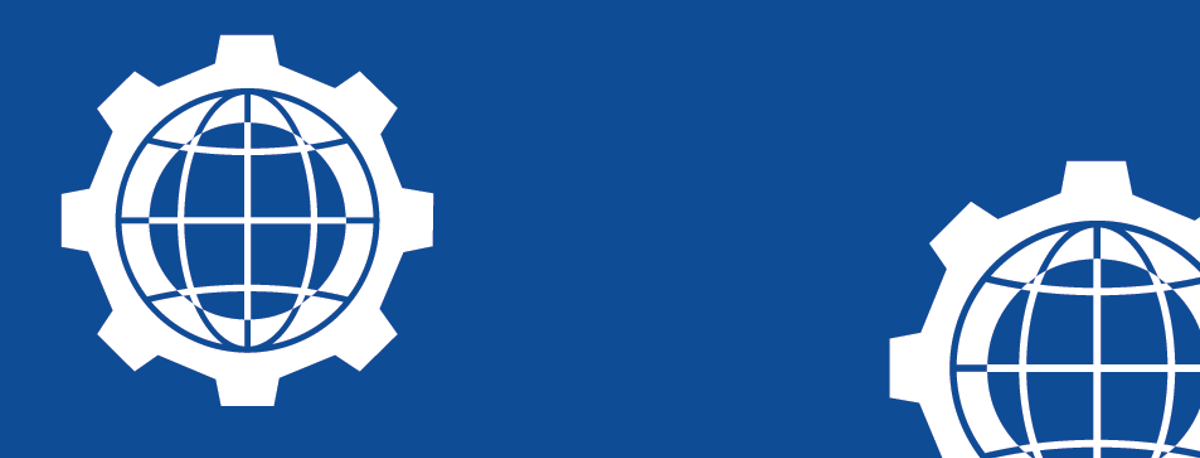IMCA has updated key guidance relating to the training and experience of Key Dynamic Positioning (DP) Personnel.
Reflecting recent industry developments, the changes to The Training and Experience of Key DP Personnel (IMCA M117) cover new requirements for Continuing Professional Development (CPD) while removing several ambiguities which had the potential for accidental or intentional misinterpretation.
As a result of these improvements, the document has been regraded to a Code of Practice for IMCA Members, rather than recommended best-practice. This means that IMCA expects the highest-level of compliance on the updated content and approaches outlined in M117 and reinforces the importance of adhering to the document for offshore safety.
Written following extensive Member engagement through IMCA’s technical committees, network of regional groups around the globe, and directly with DP personnel at the IMCA DP Conferences in 2022 and 2023, the improvements reflect recent changes announced by the Nautical Institute (NI) for DP Operators to demonstrate CPD throughout their careers.
Alongside 150 days of sea time, DP personnel now need to either attend a five-day onshore course or be enrolled on an NI-accredited CPD programme – such as IMCA’s increasingly popular Key DP Personnel CPD App – before completing an online exam, to renew their DPO Certification with the NI.

Creating this new Code of Practice has been a multi-year collaborative effort, engaging with Members around the globe, and I’d like to thank everyone for playing their part. Written by the industry and for the industry, we have collectively created the conditions for improved performance and safety of DP operations.Download IMCA M117
Commenting on the release of the updated M117, Richard Purser, Technical Adviser – Marine at IMCA said: “We’re delighted to share our new Code of Practice with the Industry. Not only are we bringing our Guidance up to date by incorporating recent requirements by the Nautical Institute for CPD but have shut down the potential for misinterpretation ensuring the spirit of the original document is maintained."
“Creating this new Code of Practice has been a multi-year collaborative effort, engaging with Members around the globe, and I’d like to thank everyone for playing their part. Written by the industry and for the industry, we have collectively created the conditions for improved performance and safety of DP operations.”




Raising standards for Walk-to-Work
30 July 2024